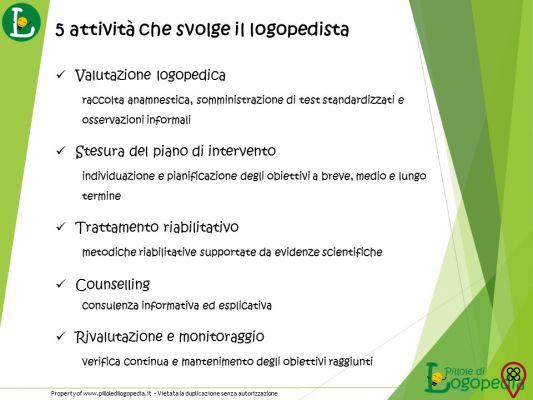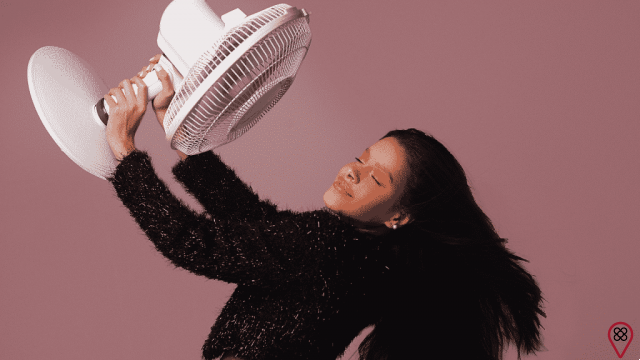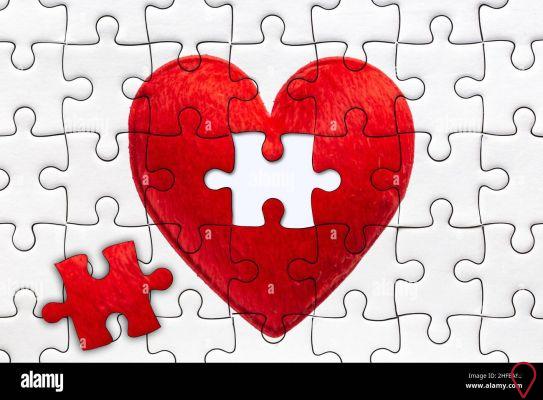
Music is one of the arts that most fascinate people, being present in everyday life since ancient times, in the happiest moments and in the saddest moments. It is used in many ways: to relax, fall asleep, celebrate, give thanks, connect with the divine, meditate, dance, etc.
With benefits for both body and mind, music is the main resource of music therapy, which is part of the Integrative Practices of the Unified Health System (SUS), to promote relaxation, sharpen the senses, move the body, improve coordination. and assist in the treatment of various diseases. Then continue reading the article and discover the therapeutic reach of music.
What is music therapy?
Music therapy is a therapeutic technique with a sensitive and humanized approach that uses music and its elements, such as sound, rhythm, harmony and melody, to promote physical, mental and social rehabilitation of individuals and groups, generating health and fighting diseases. It can be applied to patients of all ages and pregnant women. It is conducted by the music therapist, a graduate or postgraduate professional in the field.
Music therapy and health treatments
According to the World Federation of Music Therapy, this technique aims to develop potential and restore the individual's functions so that he can achieve better intra and interpersonal integration and, consequently, better quality of life.
For science, music has an impact on emotions, behavior and, consequently, on the health of each individual. In fact, several areas have been studying the influences and benefits that it can generate. In this sense, music therapy proves to be useful:
1. In cognitive development, memorization, creativity and sensitivity, which, among other things, are influenced by the habit of listening to music.
2. In the reduction of pain and comfort, as music influences the nerve networks of the brain that act in these sectors. In addition, it helps with breathing, circulation, relief from chronic pain and cancer symptoms.
3. In the rehabilitation of patients who have suffered a stroke, especially when they have aphasia (loss or weakening of speech, with difficulties in communicating with other people and describing things). In addition, music awakens emotions in these patients and stimulates social interactions, which are important in treatment.
4. In the treatment of patients with coronary artery disease, when listening to music and/or playing an instrument, they have improved heart and respiratory rates, as well as blood pressure.
5. In the motor rehabilitation of injured patients, they are stimulated to produce sounds and move the body or parts of it, as well as to perform coordination exercises.
6. In the treatment of depression, stress, anxiety, hyperactivity and neuropsychiatric diseases such as autism and schizophrenia, as music activates the limbic system, responsible for emotions, affectivity and social behaviors, being able to increase endorphin production, which causes feeling of pleasure and well-being. In addition, it contributes to the socialization of patients.
7. In the prevention of cognitive and motor problems in the elderly and as a stimulus to emotional and social aspects.
8. In the treatment of communication disorders involving stuttering, speech impairment, dyslexia, etc., with sound, noise and singing exercises focused on these problems.
9. In the monitoring of Alzheimer's disease and neurodegenerative diseases, as music helps in neural activation, improves emotional aspects and mood, in addition to encouraging patients to see life with more energy, enthusiasm and determination.
10 In the treatment of tinnitus, with the use of binaural sounds, with different frequencies sent to the left and right ears, allowing a gain to the brain and reducing the impact of the problem.
Where to find Music Therapy?
In music therapy, skills related to body movements, memory and reasoning are developed. It also expands auditory and spatial perception, in addition to generating integration. Through music and its elements, she works in the physical, mental and social areas. In this sense, in addition to private and hospital institutions, it is present:
- In the Associations of Parents and Friends of the Exceptional (APAE);
- In Psychosocial Care Centers (CAPS);
- In the Social Assistance Reference Centers (CRAS);
- In the Support Group for Adolescents and Children with Cancer (GRAACC).
You might also like:
- Music Therapy for Stress – Understand how it works
- Understand how music can improve your immunity
- Enjoy these benefits to fight anxiety
- Discover some possible causes for the development of depression
Finally, music therapy is an alternative to support the treatment of some diseases, especially in terms of rehabilitation. It works to generate physical, mental and social well-being. It is a technique with a few decades of existence, whose main resource is music and its elements and has been proving efficient in the objective it proposes. Then reflect on the reach of music and how it puts itself to the benefit of life. Encourage yourself to make it present in your routine, but prefer one that touches the heart and frees the mind.

























